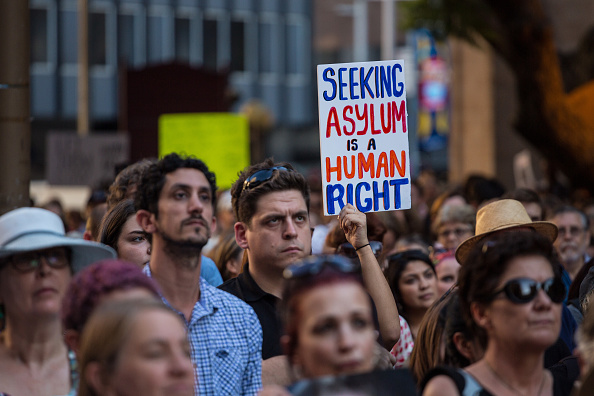While individuals who can demonstrate that they meet the legal standard of “credible fear” (a high bar given language barriers and lack of legal representation) can ostensibly still enter the United States and pursue an asylum case, the harsh reality is that most individuals will be turned back to Mexico where they will have to contend with the risk of violence, kidnapping, and illness in overcrowded and unsanitary encampments.
The new policy, which will only allow the border to be reopened once crossings fall below an average of 1,500 individuals per day for a week, is more stringent in some ways than the failed immigration bill covered by GCIR earlier this year, with the ACLU already announcing its intention to file suit. The President’s willingness to unilaterally shut down the asylum system is not only harmful to those who will be subjected to greater suffering, but also perpetuates an anti-immigrant narrative while validating similar approaches employed by the Trump administration to end access to asylum.
Restricting legal asylum pathways does not reduce demand for safety, but instead pushes desperate individuals deeper into inhospitable regions of the border to attempt to cross there, while increasing the incentives for individuals to risk their lives with smugglers who promise safe passage - a choice which sometimes ends in deadly consequences.
GCIR rejects prioritization of the supposed political expediency of “getting tough on the border.” We recently partnered with Hispanics in Philanthropy to host a delegation of funders for a cross-border learning experience with nonprofits operating in the Rio Grande Valley. Yesterday’s executive order underscores the need for philanthropy to double down on deep, long-term funding that supports the power-building and narrative change work necessary to counter these sorts of extreme policies. We must work to put the US on a path to a more just immigration system.
Photo by Richard Ashen/Pacific Press/LightRocket via Getty Images under Rights-managed license
